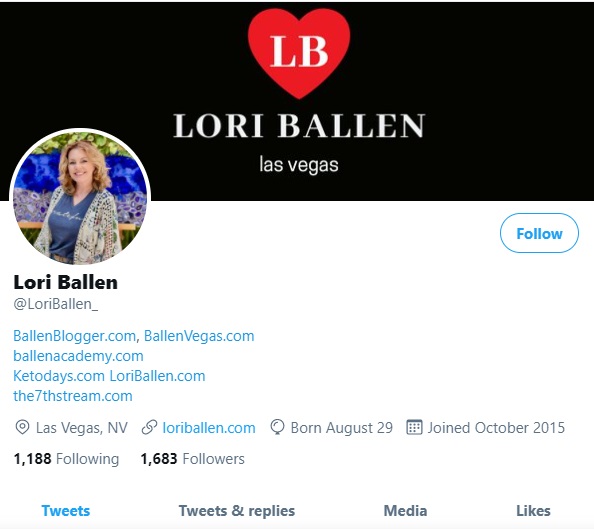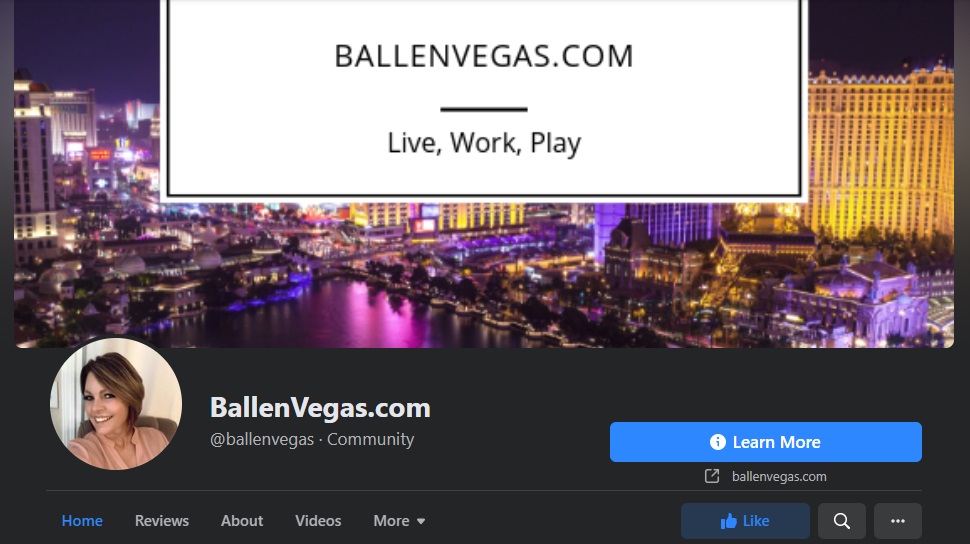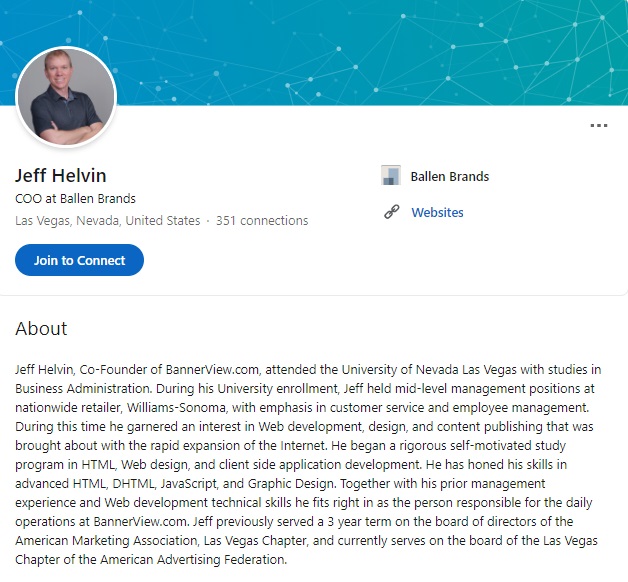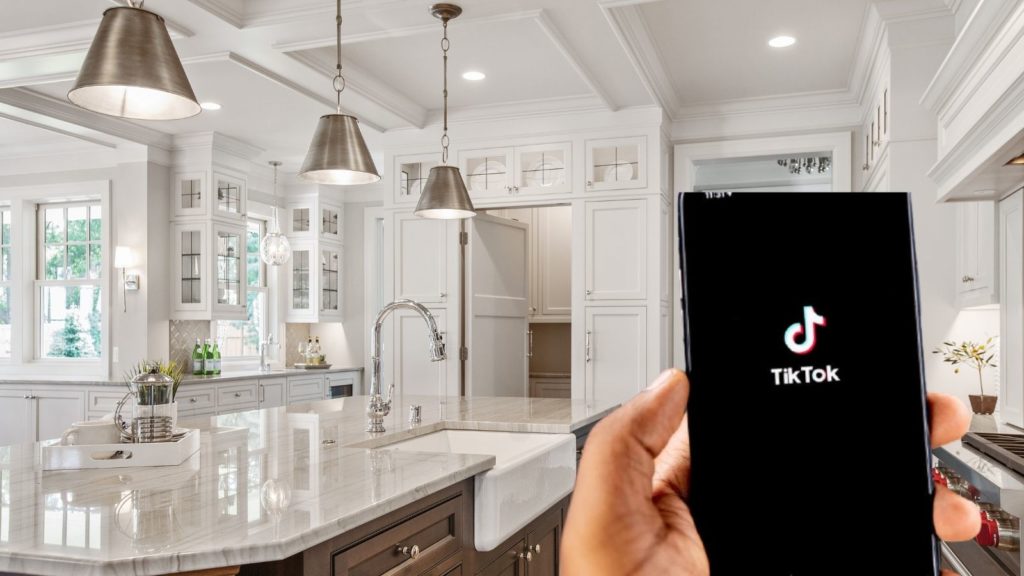Social media marketing is complicated. There are so many networks, each with a particular audience and a unique set of tools. Here’s what you need to know about using social media for real estate.

Have a Plan
For your social media efforts to be successful, you’ll need to have a social media marketing strategy and a clear understanding of your customer persona for demographic targeting.
With a social media marketing strategy, you pre-plan what you’re going to share based on your business goals. You may be using social media for:
- Raising brand awareness
- Engaging with your audience
- Generating leads
- Nurturing leads
- Staying in touch with clients for potential repeat business or referrals
- Networking with other real estate professionals

You’ve also got to determine which kind of content is suitable for each platform based on a content strategy. Types of content you share might include:
- Blog posts
- Company achievements
- Testimonials and reviews
- Special events
- Property listings and photos
- Tips and tricks such as tips for staging or what to look for in a new home
- Industry news like market reports and statistics
You can also share that content in numerous ways, such as text, photos, video, graphics, and other forms of multi-media.
Best Practices for All Social Media Networks
Consistent Branding: Make sure that the look and feel of your online branding is consistent. Use the same profile photo so that you’re easily recognizable and the same cover images (modified for each network’s specs), and if you have a logo, keep it on all of your profiles. You want viewers to recognize you, whichever platform they’re on.
Contact info: Make sure your viewers know how to reach out to you. Your contact information should be easy to find across all of your networks. Your NAP is the way your name, address, and phone number appear. This should be consistent across all networks. For example, if you use parentheses in your phone number’s area code in one place, it should appear the same everywhere, including your website. Keeping your NAP consistent helps your search engine rankings.
Authenticity: Be real on social media. People can sense when you’re connected or when you’re just trying to generate a sale. Show your personality! Use a profile picture that’s current and not overly edited or filtered. Your potential clients need to be able to recognize you when they see you.
Engagement: Get involved in the conversations. Don’t just lurk and then push your own agenda. Respond to any incoming messages, tags, or mentions. Ask questions that get your viewers talking about what’s important to them. For example, “What’s the most challenging aspect of buying a new home?” (Or selling one).
Share Value: Yes, you can post property listings to your social media accounts, but you’ve got to share more than just what you’re selling. Post things of value for your readers – content that they’re likely to save or share and that makes them trust your brand. This will keep them coming back for more.
Hashtags: Almost all of the social media networks use hashtags in some form, but they’re not standard; each platform uses them differently. Using too many hashtags or hashtags that aren’t fitting for the post will hurt your credibility online. Learn how each network uses hashtags before you jump in.
Unique Posts: Once you get up and running on social media, don’t post the same content at the same time across multiple networks. A viewer who follows you on multiple platforms will get bored seeing duplicate posts and may learn to tune out your posts altogether.
You Don’t Have to Be Everywhere at Once
There are a lot of social media networks, including Facebook, Instagram, Twitter, Pinterest, LinkedIn, YouTube, TikTok, Snapchat, and more. You can’t be expected to spend endless hours trying to update and engage with each platform. However, you can set up a basic profile page in each one so that if someone does search for you there, they’ll find your contact information and a bit about you and your services.
Spend some time researching the different networks. Figure out what they offer, which audience they appeal to, how to use hashtags, how often to post, best practices, and more so that you know which networks are best for you and which you can just leave a profile up on without maintaining a publishing schedule.
Facebook for Real Estate
Facebook is, by far, the most popular social media network for real estate agents to generate leads through both free and paid avenues. The social media giant offers a plethora of ways to grow your business online. On Facebook, it’s ideal to post one or two times a day.
Personal Page: Many real estate agents use their personal Facebook page to connect with leads and clients. There’s nothing wrong with that, as long as you keep it clean and post as much about business as you do personal topics.
Business Page: Facebook’s business pages are a way for your followers to keep up to date on your business. Your profile offers space to share your business story, contact info, and a link to your website.
People can also send you a message, book an appointment, or take advantage of other aspects of a Facebook business page. Also, as a part of the business pages, you can generate and share client ratings, reviews, and testimonials.
Use your business page to create a poll, create events like open houses, share community events, share neighborhood news, post listings, and more.
Facebook Groups: Another way to engage people on Facebook is by joining and creating groups. You can create niche groups about areas you service and share hyperlocal information to establish yourself as an expert in your community. You can also join groups designed for real estate agents to network, learn marketing, and more.
Facebook Ads: Aside from all of the free ways to get leads on Facebook, you can also use Facebook Ads, a paid service, to get your message out to a broader audience. With demographic targeting, you can laser target your audience so that you reach the people who fit your customer persona.
Instagram for Real Estate Agents
On Instagram, you’ve got the perfect opportunity to catch users’ attention with photos that pop. Here are the types of things you can share on Instagram:
- Current property listings
- “Coming soon” property listings
- Achievements, such as homes that sold quickly or above list price
- Graphics with tips and tricks, such as the number one way to increase the value of your home or the most important thing to know before applying for your home mortgage loan
- Statistics such as last month’s median sales price or market report information
Best practices suggest that you’d do well to post on Instagram two to three times per week as opposed to Facebook’s daily posts.
You can also run paid ads on Instagram through Facebook’s Ad Manager.
Statistics show that about three posts a day on Twitter is ideal. But you’ve got to be creative. You’ll have about 140 characters to attract viewers’ attention. You can share listings sparingly and use other posts to update viewers on the news in your area, market report news, community events, open houses, and quick tips for buyers and sellers. You could also feature favorite local hotspots with a hyperlocal approach, such as your favorite restaurants or best entertainment.

You can also search Twitter by hashtags to find people in your area who are talking about buying or selling real estate or about moving in general. Following people on Twitter who are currently in the market is a way to understand your audience further while allowing you to continue engagement.
YouTube for Real Estate
YouTube is a gold mine for real estate agents and is the second largest search engine worldwide. With YouTube, you can allow viewers to get to know you and build trust in your content. You could share videos about your community as a whole, such as “5 Reasons to Live in [Your Neighborhood]”, a driving tour of the area, or break it down into community features such as parks, schools, shops, and more.
Another way to maximize the video platform is by teaching subjects that benefit buyers and sellers, such as “How to Prepare for a Home Inspection.”
You don’t have to post as frequently to YouTube as you would on Facebook, Instagram, or Twitter; a post a week should suffice to get you started.
LinkedIn is popular for real estate agents – not so much for posting listings or generating leads, but for networking with other real estate professionals such as agents for referrals, lenders, appraisers, inspectors, and others in the field.
You can connect with your clients on LinkedIn, which is an excellent way to stay in touch for referrals, congratulating them on promotions or new positions, and wishing them happy birthday, so you don’t fall out of sight and out of mind.
Pinterest allows you to create boards based on different topics, so you could have a board for each community you serve with hyperlocal content, one for buyers and another for sellers. You can share your blog posts on Pinterest on the appropriate boards with hashtags.
By sharing blog posts, you’re posting evergreen content that will continue to get you results over time, whereas posting a property will lose its value the moment the property sells. Just remember that the image you choose to go with that blog post will need to speak volumes to catch the attention of viewers.
TikTok for Real Estate Agents
TikTok is another popular video platform that real estate agents can use to get more leads. Unlike YouTube’s long video platform, TikTok is designed to host videos of one minute or less, many of which perform best at 15 seconds.
You can share creative clips of properties and listings. TikTok is also an ideal place to educate your viewers with posts such as “How to Add Value to Your Home” or “How to Create Curb Appeal” and then quickly list five tips and invite the viewer to follow you for more.
Snapchat
Snapchat is not among the most popular networks for real estate agents. Still, it is a resource that some find beneficial, primarily because it reaches two primary home-buying demographics: Millennials and Gen Z. Like Instagram, Snapchat is visual-based, but it also features unique geofilters.
Post to Multiple Networks Simultaneously
Several websites offer social media planning and posting services that automate your marketing. You can put in your information once and then schedule that same post to republish on a future date and time.
For those who want to dig down to a deeper level, you can swap out images, descriptive text, or hashtags for future posts to see which post performed better. CoSchedule.com, HootSuite.com, and SproutSocial.com are three of the most popular resources available.
Track and Measure
It’s essential to monitor, track, and measure for results. By tracking and measuring, you’ll be able to identify which social media networks are proving most fruitful and which may be a waste of time to maintain.
By tracking and measuring, you’ll also determine which days and what times your posts perform, and which kind of content performs best, such as images, videos, GIFS, etc. This is especially important if you’re paying for Facebook or Instagram ads.
Conclusion
Social media marketing isn’t easy. It’s hard to know which platforms to invest your time, energy, and money into and which ones to leave alone. At the very least, create a profile with your contact information on each so that you can be found if someone does a search.
When you do decide which networks to use, there’s a whole set of rules and best behaviors that apply specifically to that network, so you’ll have to learn the language.

You can’t just post properties and leave it at that; you’ve got to post valuable content and engage with others by liking, commenting, sharing, and following people, as well as responding to those who comment on your posts.
If you know the value but don’t have the interest or ability to maintain a social media presence, consider outsourcing the job to a social media marketing professional.





